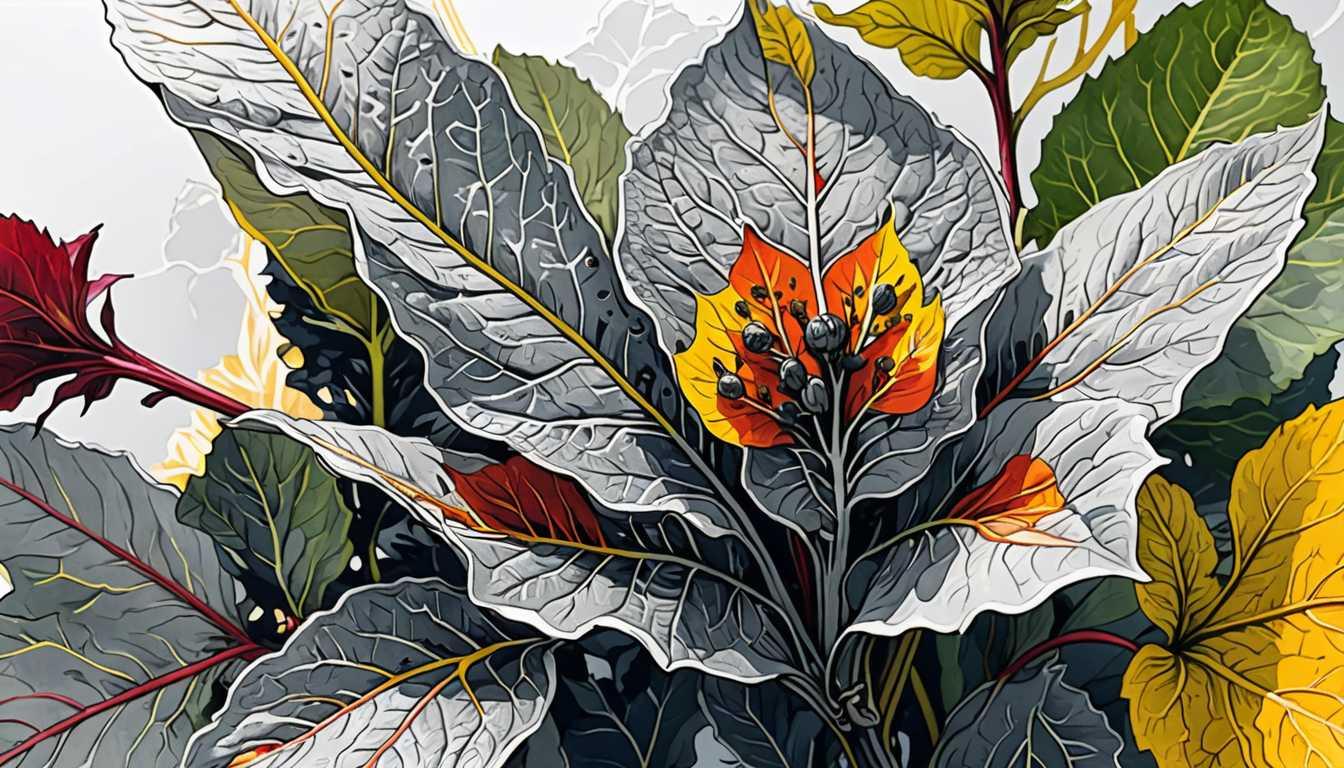Milk's Microbial Hitchhiker Unveiled
September 2023
Cornell University
Introduction
Dive into the world of dairy science with Cornell University's latest discovery: a sneaky microbacterium that could hitch a ride into your milk through microfiltration, a process designed to extend milk's freshness. Despite its benefits, like a longer shelf life and better taste, researchers emphasize the crucial step of cleaning equipment early to keep our milk microbe-free. It's a milk mystery unfolding in the Journal of Dairy Science, revealing the importance of cleanliness for the future of our fridges!
READ FULL ARTICLEWhy It Matters
Discover how this topic shapes your world and future
Milk's Microbial Mysteries Unveiled
Imagine opening a carton of milk that stays fresh for two whole months! Thanks to a process called microfiltration, this isn't just a dream. Microfiltration is a cool technology that strains out the bad stuff (like certain microbes) from milk, making it last longer without tasting like it's been cooked. But, here's the twist: if the equipment isn't cleaned properly, a tiny troublemaker named microbacterium can sneak into the milk, surviving even past pasteurization. This discovery by food scientists highlights a crucial step in ensuring our milk is not only tasty but safe. It's about more than just not wasting milk; it's about understanding and improving the journey from farm to fridge. By diving into this topic, you're exploring how science directly impacts what ends up on your breakfast table and learning about the invisible battles fought to keep our food safe.
Speak like a Scholar
Microfiltration
A method that uses a special filter to remove unwanted microbes from liquids like milk. Think of it as a super-fine strainer that catches tiny particles.
Pasteurization
A process that heats food and drinks to kill harmful bacteria. It's like cooking, but the goal is to make things safe, not to change the taste.
Microbacterium
A type of bacteria that's so small, you need a microscope to see it. Despite its size, it can cause big problems if it ends up in our food.
Shelf-life
How long food stays fresh and safe to eat. Imagine buying milk that you can drink even after a month without it going bad.
Semipermeable membranes
Filters with tiny holes that let some things pass through but keep others out. It's like having a door that only lets your friends in.
Bacterial concentrations
The amount of bacteria in a certain amount of liquid. Think of it as measuring how crowded a pool party is, but with bacteria instead of people.
Independent Research Ideas
Exploring alternative microfiltration techniques
Investigate how different microfiltration methods affect milk's taste and safety. It's like testing out various filters to see which one takes the best selfie, but for milk.
The impact of temperature on microfiltered milk
Study how storing milk at different temperatures influences its quality and shelf-life. Imagine being a detective, but instead of solving crimes, you're figuring out the best way to keep milk fresh.
Microbacterium's survival tactics
Dive into why microbacterium can survive processes like pasteurization. It's like uncovering the secret survival tricks of a microscopic Houdini.
Eco-friendly cleaning solutions for dairy equipment
Research environmentally friendly ways to clean milk-processing equipment. Think of it as finding the best green cleaning hacks, but for big machines.
Consumer perception of extended shelf-life milk
Explore how people feel about milk that lasts longer and what might convince them to switch. It's like understanding what makes someone choose one superhero over another, but with milk.




